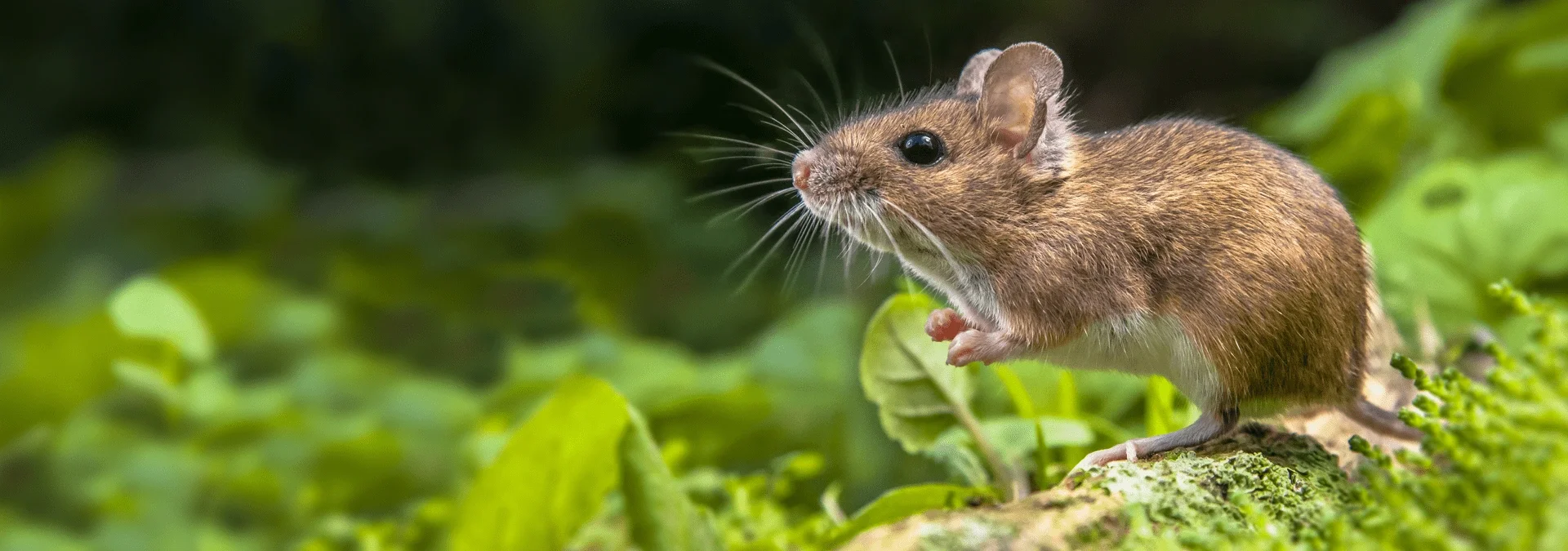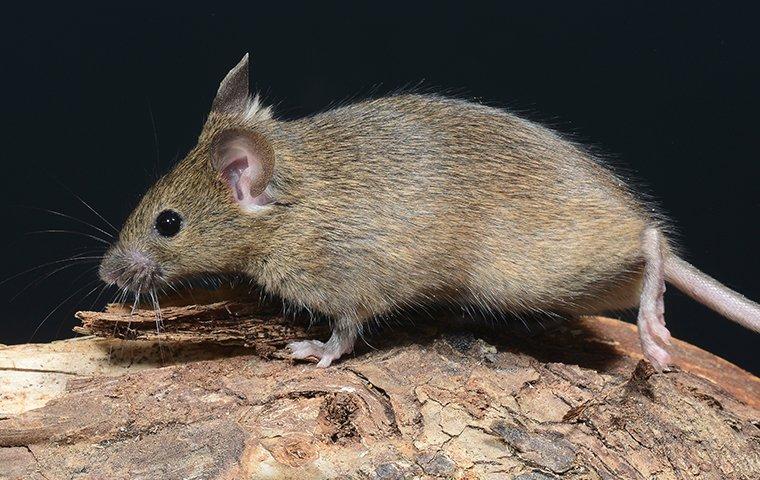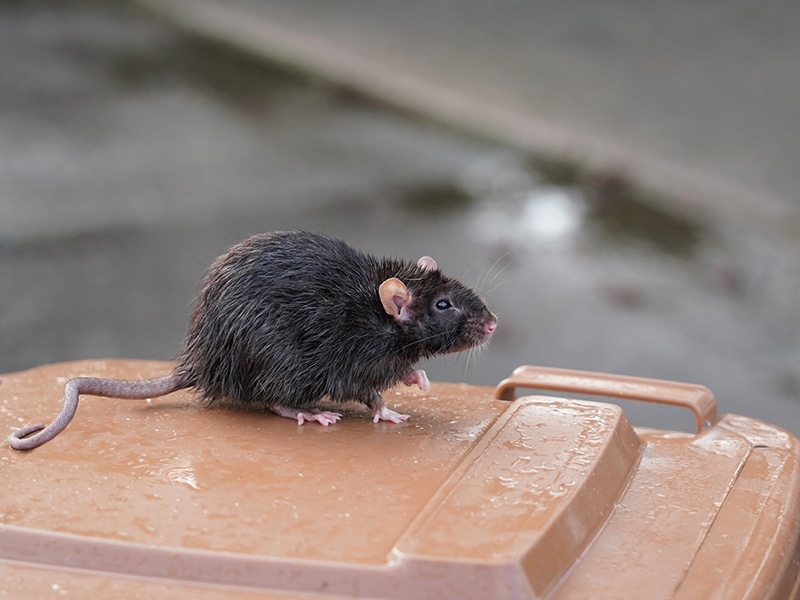What Do Rodents Look Like?
Rodents are mammals with teeth that continue to grow throughout their lives. To prevent their teeth from becoming too long, rodents gnaw on wood and other materials to file them down. Rodents make up about half of all mammal species, including mice, rats, voles, squirrels, hamsters, chinchillas, and beavers.
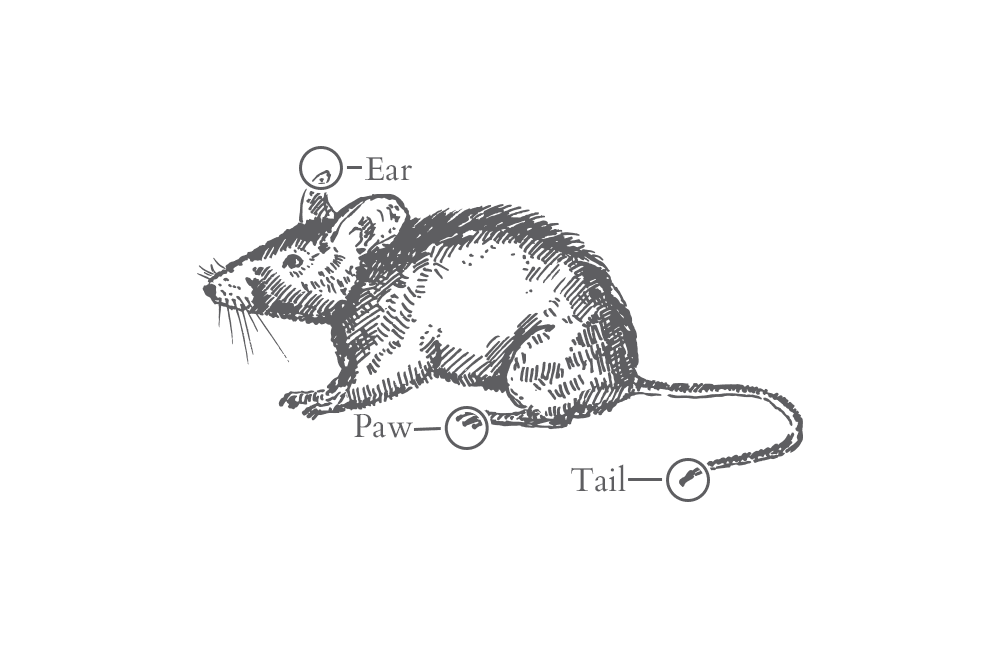
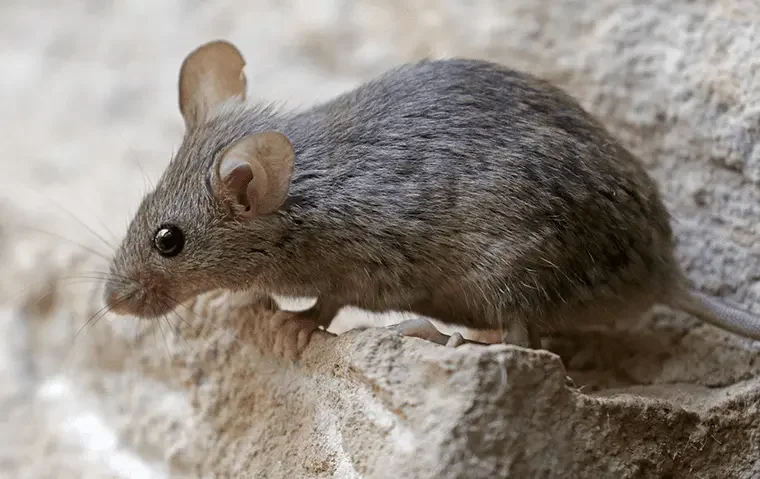
House Mice
These mammals have long, hairless tails and pointy noses. Their ears are small and rounded. The house mouse is a wild animal that prefers to live in homes with humans because it makes finding a warm shelter and access to food and water very easy. Mice prefer seeds and nuts but will eat just about anything they can find. Mice don't hibernate, so as the temperatures drop in the fall, they start seeking warm homes (like yours) to move into. Small in size, they can find their way into a house through an opening the size of a dime!
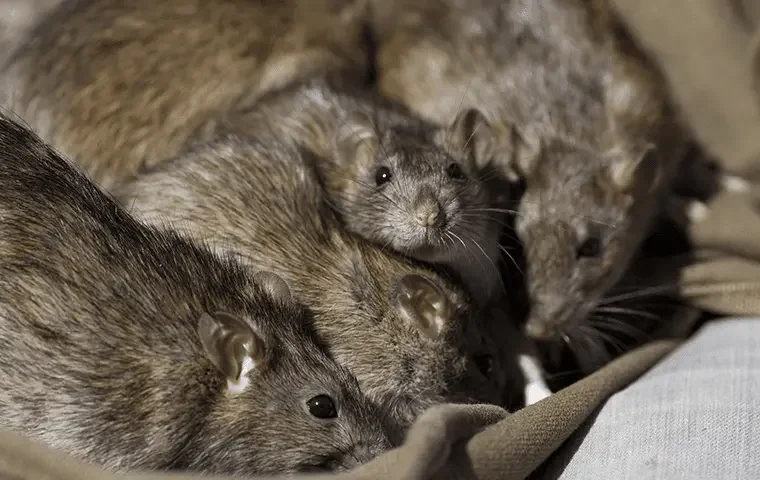
Norway Rats
Also known as sewer rats or brown rats, they are larger than house mice and covered in shaggy brown or gray fur with scaly tails. Norway rats hide during the day and mostly come out from their underground burrows at night. The rats will consume fruits, meats, nuts, and grains, although they have also been known to eat dead animals, small fish, and other rodents.
Learn More
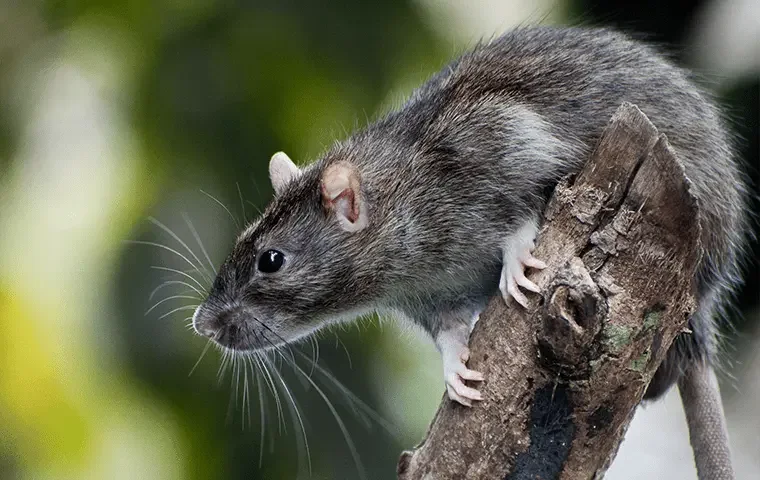
Roof Rats
Also called fruit rats, palm rats, ship rats, and Alexandrian rats, this type of rat is smaller than the Norway rat. They are black and have smooth fur. Roof rats have large ears and pointy faces. While other rats typically remain on the ground, roof rats are excellent climbers that can nest in trees, attics, cabinets, ceilings, garages, and inside walls and sheetrock. Roof rats maintain a diet that closely resembles that of squirrels, mainly eating nuts and fruits. If they're hungry enough, they'll also eat dog or cat food, garden vegetables, tree bark, insects, and lizards. They are hoarders, and you might find a stash of food in their nesting areas.
What Attracts Rodents?
Rodents are attracted to areas that offer warm, dark shelter and easy access to food and water. Food in pantries that aren't sealed tightly, pet food, and garbage are all prime food sources for rodents.
Are Rodents Dangerous?
Rodents are dangerous to humans in that they can transmit diseases through their bites, urine, and feces. They can also spread pathogens through their saliva and shedding of hair. They harbor parasites such as fleas, ticks, and mites that also carry lethal pathogens. In the past hundred years, more than ten million people have died due to rodent-borne diseases.
How Do I Get Rid Of Rodents?
Rodents are quick breeders, resulting in several generations of rodents roaming your Jacksonville property. Effective rodent control starts with identifying the type of rodent infestation. In addition to proper identification, our rodent control experts will find potential rodent entry points and provide one-time or ongoing rodent control services to eliminate the infestation. Our rodent control services include trapping and removal, monitoring, and exclusion.
Helpful Rodent Articles
Why Rodents Are A Serious Problem For Jacksonville Homes
Keeping Your Jacksonville Home Pest-Free Throughout The Year
What Every Jacksonville Property Owner Ought To Know About Black Rats
Why You Should Trust The Professionals To Treat Your Jacksonville Property For Pests
How To Get Rid Of Mice In Your Jacksonville Home And Keep Them Out
Jacksonville Homeowners' Guide To Total Rodent Control
Get Your Free Pest Control Quote Today!
Complete the form below to get started with your free, no-obligation quote, and a Lindsey Pest representative will contact you shortly.
Same Day Service Available!

Blog Posts


